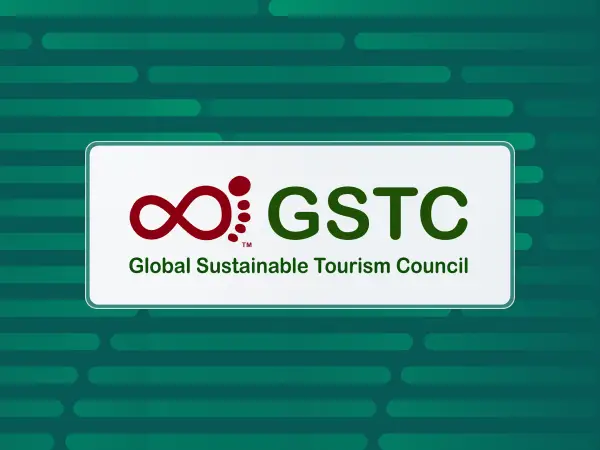REDD+
REDD+ (Reducing Emissions from Deforestation and Forest Degradation) is an international program developed by the United Nations Convention on Climate Change (UNFCCC) to encourage the protection of forests in developing countries.
Primary objective of REDD+ projects It is therefore to reduce the concentrations of Greenhouse gas into the atmosphere, drawing from the carbon credit market. This is done through five modes:
- reduction of emissions from deforestation;
- reduction of degradation emissions;
- reduction of emissions through forest conservation;
- sustainable forest management;
- improvement of the carbon stock.
The programs REDD+ are present in 70 countries and include different steps: from monitoring, to reporting, to the implementation of protective measures, to the presentation of the results (usually calculated in tons of CO₂ eq) .All the activities carried out by these projects and aimed at combating climate change are financed by the sale of carbon credits. Each of these projects, after having undergone third-party checks, audits and scientific analysis, can be certified according to one of the main international standards for offsetting emissions (e.g. Verified Carbon Standard). Once certified, the project will generate certified carbon credits in proportion to the benefits generated (one credit for every ton of CO2 avoided).
→ Do you want to start a path of environmental sustainability for your company? Contact us and find out how we can help you.























